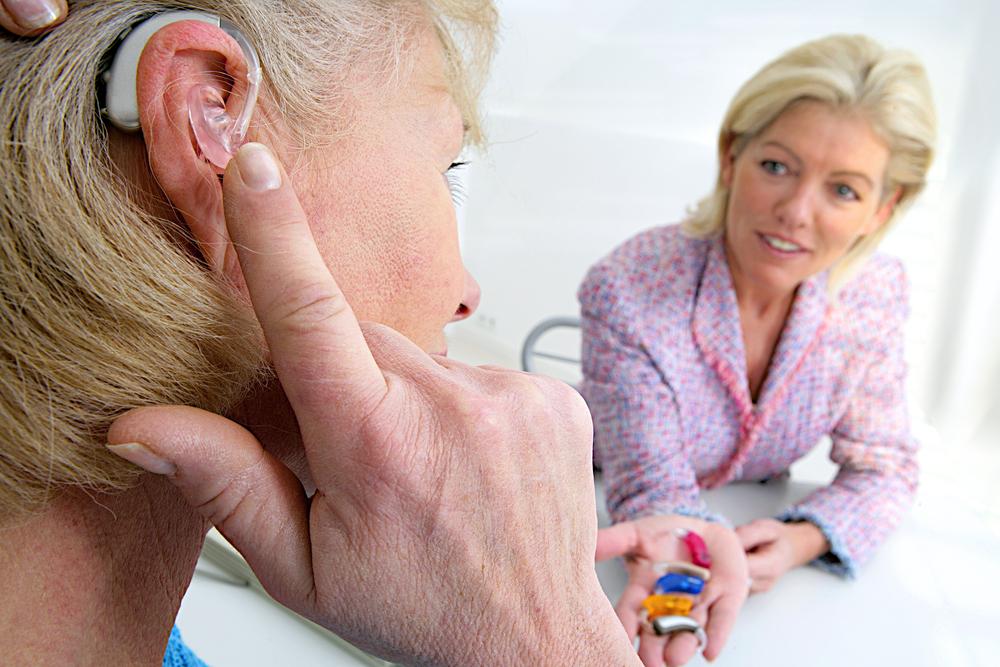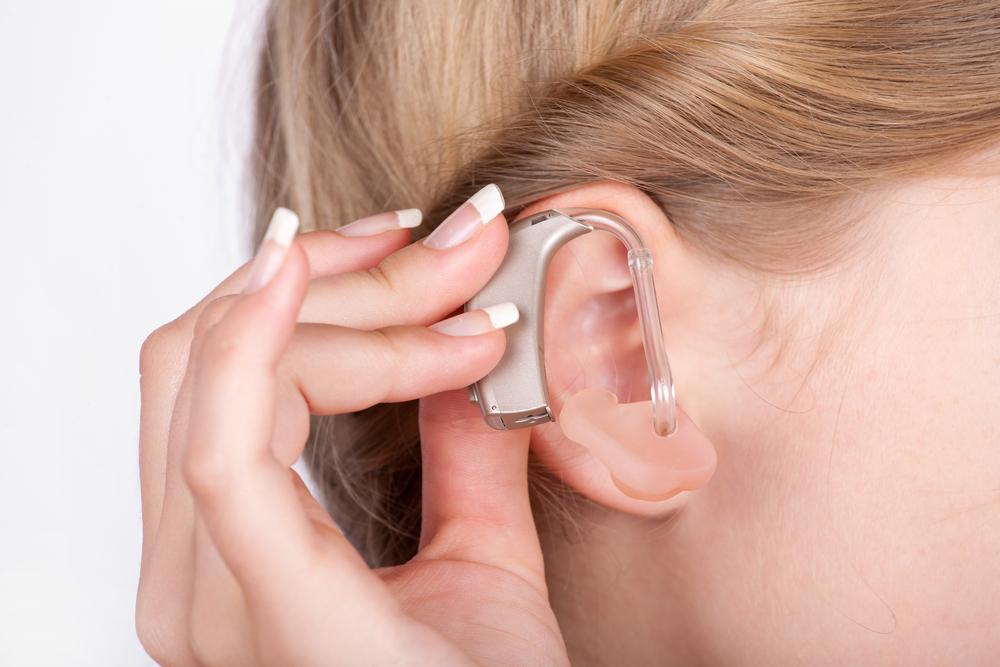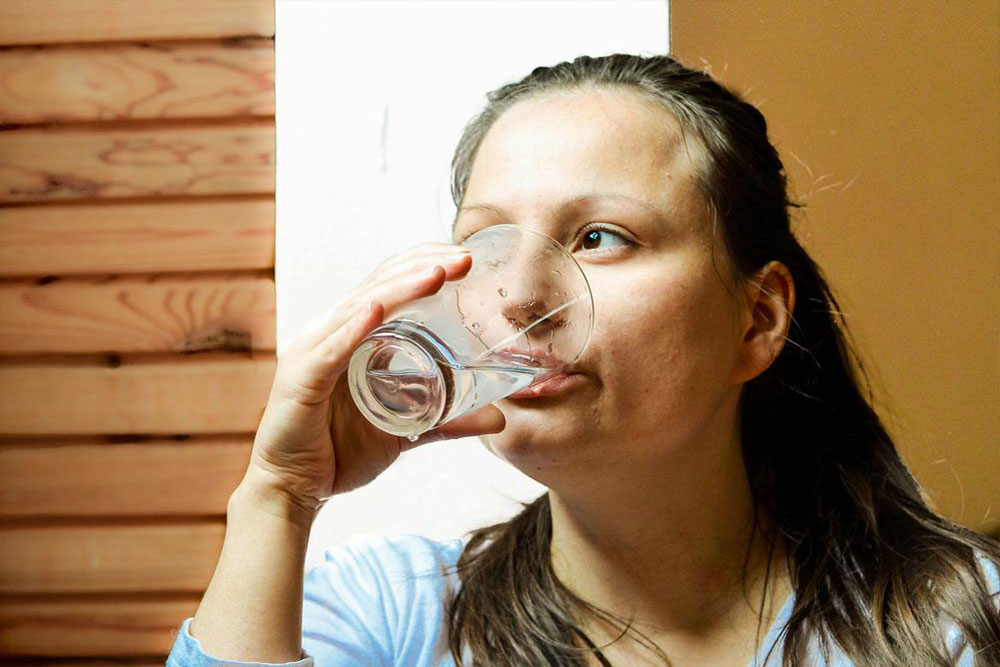Understanding Meniere’s Disease: Symptoms, Causes, and Treatment Options
Meniere’s disease is an inner ear disorder causing vertigo, hearing loss, and pressure. It progresses through three stages with varying symptoms. Causes include fluid imbalance due to infections, allergies, or injury. Management involves lifestyle changes, medication, balance therapy, and, in severe cases, surgery. While there is no cure, symptoms can be effectively controlled with proper treatment. Early diagnosis and tailored management can improve quality of life for affected individuals.
Overview of Meniere’s Disease
Meniere’s disease is a rare disorder affecting the inner ear, leading to balance and hearing problems. It results from abnormal fluid buildup in the labyrinth, the part of the ear responsible for equilibrium. Symptoms include episodes of vertigo, dizziness, hearing loss, and ear pressure. While it can affect individuals at any age, it’s most common in adults aged 30 to 60.
Recognizing the Symptoms
Symptoms often occur suddenly and last several hours. They can include intense spinning sensations, ringing in the ears, and fluctuating hearing loss. The severity varies—some experience frequent vertigo attacks, while others face persistent tinnitus or sensitivity to sounds.
Progression Stages
Symptoms typically develop in three stages:
Early Stage: Vertigo attacks and tinnitus appear intermittently, with mild hearing loss. Tinnitus often signals an imminent episode.
Middle Stage: Vertigo becomes less severe but occurs more frequently. Hearing loss worsens, and tinnitus intensifies, sometimes becoming permanent.
Advanced Stage: Balance issues persist, vertigo episodes reduce, but hearing impairment and tinnitus remain. Loud sounds or distorted noises may cause discomfort, and long-term damage to the inner ear can occur.
Root Causes
The exact cause of Meniere’s disease is uncertain. It involves fluid imbalance within the inner ear’s labyrinth, potentially due to infections, allergies, immune responses, head injuries, genetic factors, or blockages impairing fluid drainage. Triggers may include migraines, viral infections, high salt intake, stress, and fatigue.
Managing Meniere’s Disease
While there’s no cure, various treatments help control symptoms:
Lifestyle modifications: Reducing stress through yoga, meditation, or relaxation techniques may lessen attacks.
Diet adjustments: Limiting salt, staying hydrated, eating small frequent meals, and avoiding unhealthy foods can help manage fluid levels.
Medications: Drugs like meclizine, diazepam, and prochlorperazine alleviate vertigo and nausea. Diuretics reduce fluid retention, and supplements like Pycnogenol may improve tinnitus.
Balance therapy: Vestibular rehab exercises can strengthen balance and reduce dizziness during episodes.
Surgical options: In severe cases or when other treatments fail, procedures like endolymphatic sac decompression or labyrinthectomy may be performed, though their effectiveness varies.
Consult with healthcare providers to determine the best management plan suited to individual needs.
Note: This article provides general information on Meniere’s disease. For personalized diagnosis or treatment, please consult a medical professional. The information here is for educational purposes and should not replace professional healthcare advice.










